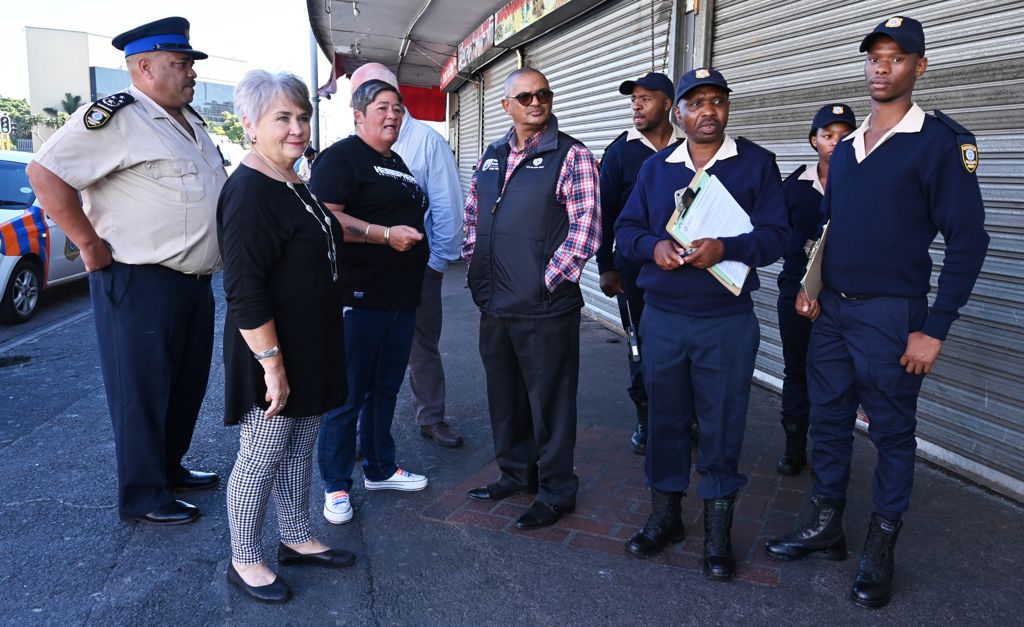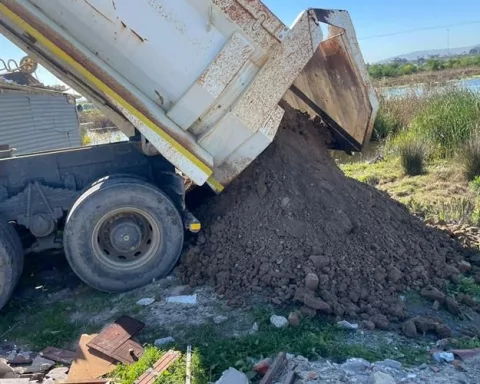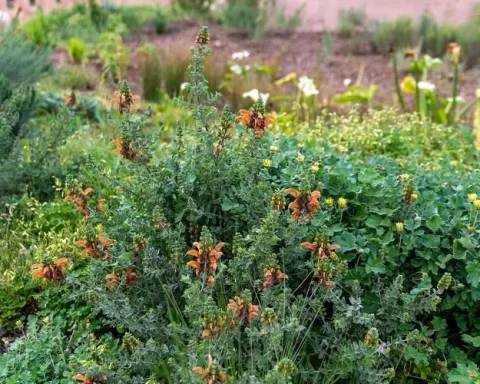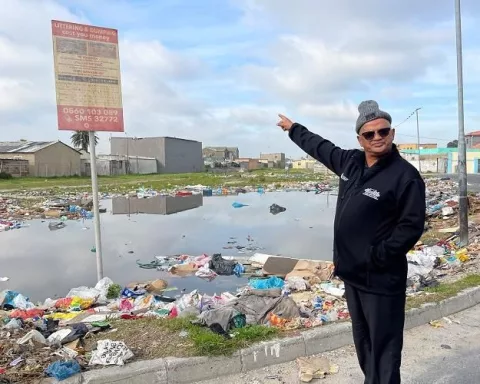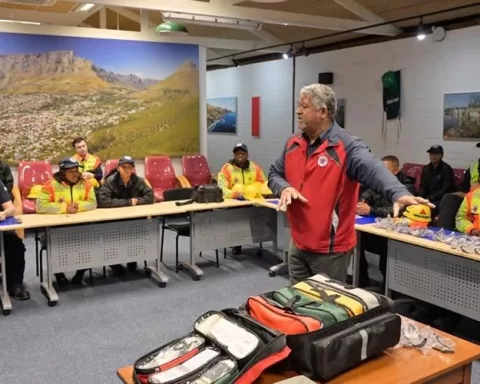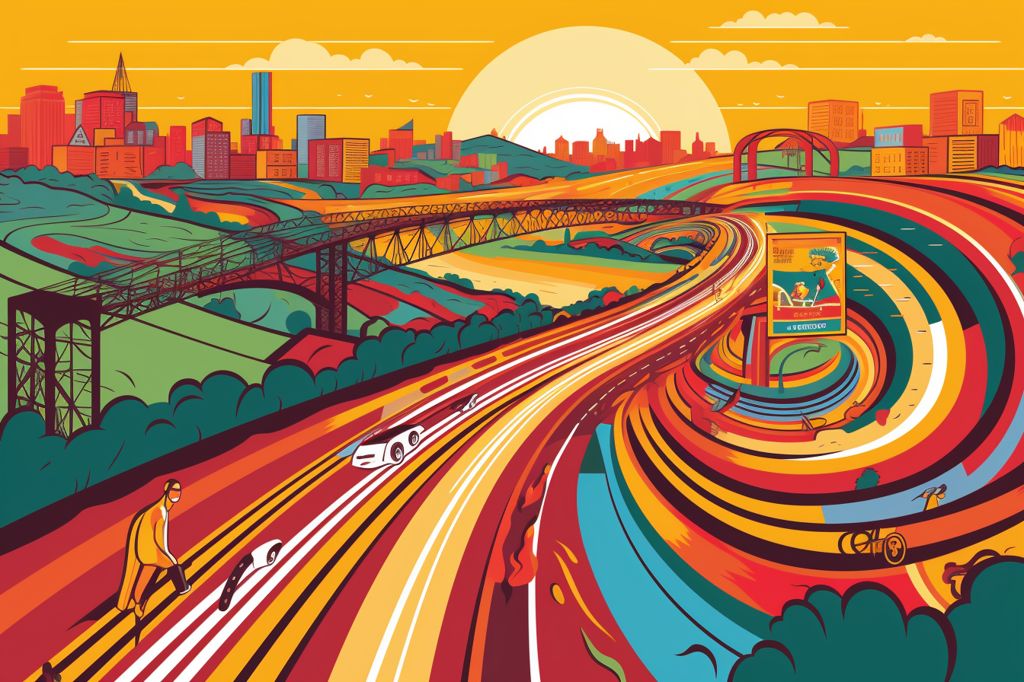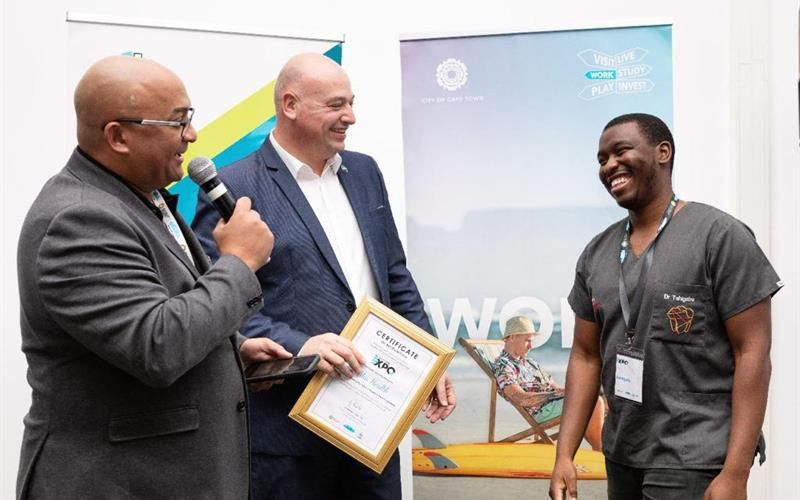Illegal dumping has been a longstanding issue in Cape Town, costing the city a staggering R300 million annually. However, the Urban Waste Management (UWM) Directorate’s Solid Waste By-law Enforcement Unit has taken action to combat this problem and create a cleaner and greener environment for Cape Town’s residents.
Combating Illegal Dumping
The UWM’s Solid Waste By-law Enforcement Unit, comprising 23 officers and 36 auxiliary officers, has been working tirelessly to raise awareness of illegal dumping hotspots in the city and educate residents and businesses on the risks of this practice. Their efforts have led to the issuance of 23 fines, totaling R57,500, for littering and illegal dumping during the months of March and April. The unit has also issued 23 notices to transgressors requiring them to appear in court and attended to 79 service requests.
Community Collaboration
While the unit’s commitment to a cleaner city is commendable, they cannot be everywhere all the time. Alderman Grant Twigg, Mayoral Committee Member for Urban Waste Management, urges residents to collaborate with the unit by recording evidence to aid in prosecution and holding each other accountable for maintaining a clean environment.
Reporting and Implications
To make it easier for residents to dispose of waste, the City has established drop-off sites throughout the area and encourages locals to report illegal dumping activities through a 24-hour toll-free number (0800 110077). Those found guilty may face fines up to R5,000, vehicle impoundment, or even a two-year prison sentence. Incentives are being offered for reporting, with rewards ranging from R1,000 to R5,000 depending on the severity of the offense.
Working Together for a Cleaner Cape Town
The Urban Waste By-law Enforcement Unit and the community must work together to combat illegal dumping in Cape Town. Through education, awareness, and strict law enforcement, the city can successfully address this issue, ensuring a cleaner and greener environment for all to enjoy. By taking pride in their surroundings and working together, residents can create a city that is cleaner, healthier, and more sustainable.

